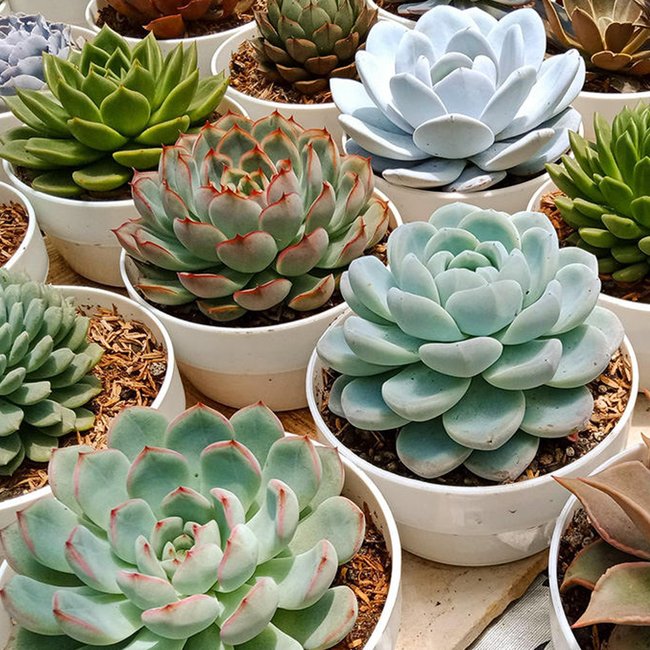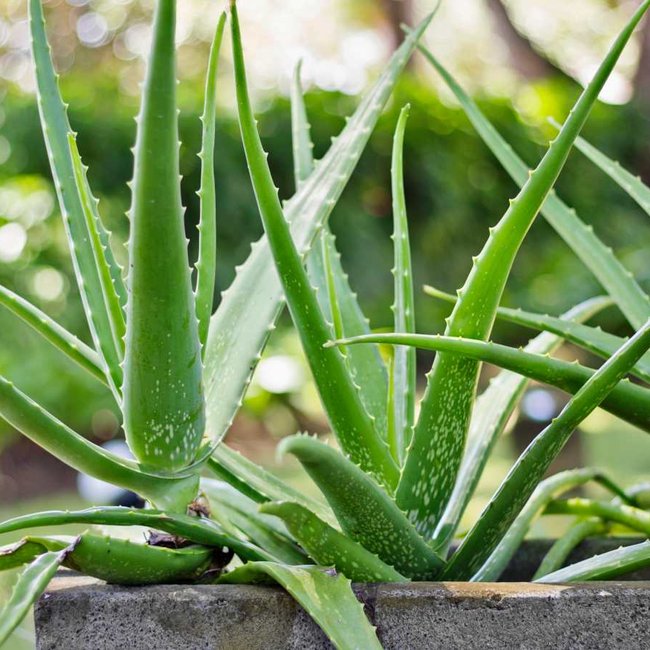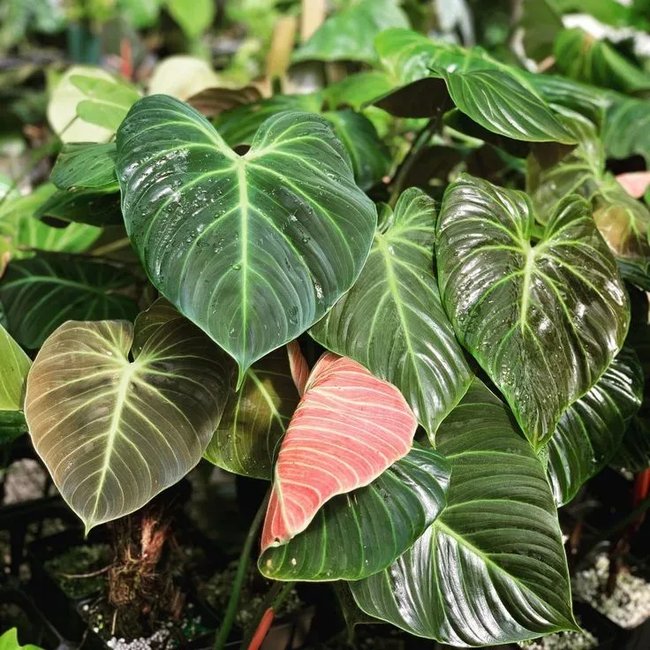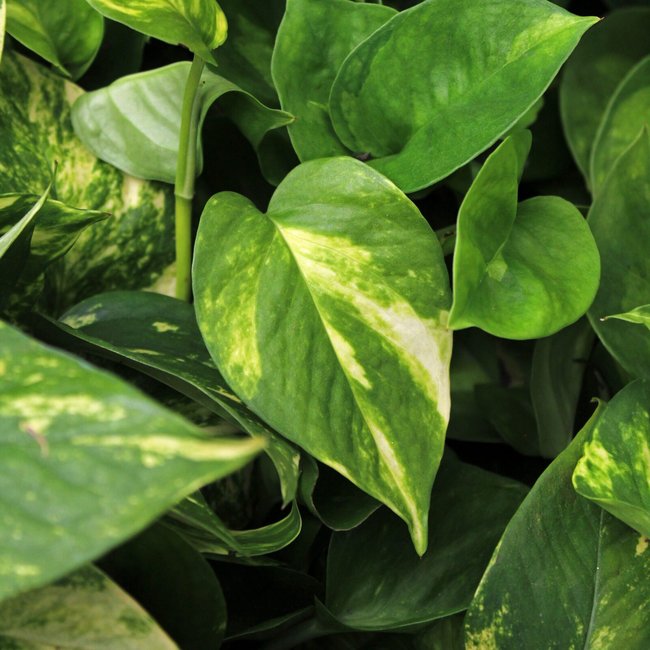Pugs
Pugs are a breed of small dog with a wrinkly, short-muzzled face and curled tail. The breed has a fine, glossy coat that comes in a variety of colors, most often fawn or black, and a compact square body with well-developed muscles. Pugs were brought to Europe in the 16th century and were popularized in Western Europe by the House of Orange of the Netherlands, and the House of Stuart in England. Pugs have become a popular companion dog due to their friendly personalities and outgoing natures.
Meta Information
Scientific Name
Canis lupus familiaris
Average Lifespan
12-15 years
Average Size
10-14 inches
Similar To
Bulldog, Pekingese, Shih Tzu, Chihuahua
Lifecyle
Pugs have a typical lifespan of 12 to 15 years. They reach adulthood at around 1 year of age and begin to show signs of aging after 8 years.
Diet
Pugs are omnivores, meaning they eat a variety of foods, including both plant and animal sources. A balanced diet for a Pug should include high-quality dry kibble, wet food, and occasional treats.
Habitat
Pugs are typically kept as house pets and do not require a large living space. They thrive in a home environment where they can be around people and get plenty of attention.
-
What is the lifespan of a pug?
The average lifespan of a pug is around 12-15 years. However, this can vary depending on the individual dog's genetics, lifestyle, and overall health. Pugs are generally a healthy breed, but they can be prone to certain health issues like obesity, breathing difficulties, and eye problems. Regular vet check-ups, a balanced diet, and exercise can help ensure a longer, healthier life for your pug.
-
Are pugs good with kids?
Yes, pugs are generally good with kids. They are known for their playful and affectionate nature, which makes them great companions for children. However, it's important to always supervise interactions between kids and dogs to ensure mutual respect and safety. Pugs are also a small breed, so it's important to teach children how to handle them gently and properly.
-
Are pugs easy to train?
Pugs can be a bit stubborn and independent, which can make training a challenge. However, with patience, consistency, and positive reinforcement, pugs can be trained successfully. Early socialization and obedience training are important for pugs to learn good behavior and manners. Pugs also respond well to food rewards, so using treats as a training tool can be effective.
-
Do pugs shed a lot?
Pugs are known for their shedding. They have a short, double coat that sheds year-round, with heavier shedding occurring during seasonal changes. Regular grooming, such as weekly brushing and monthly baths, can help manage shedding and keep their coat healthy and shiny. It's also important to vacuum and clean your home regularly to manage any loose fur.
-
Are pugs good apartment dogs?
Yes, pugs can make great apartment dogs. They are a small breed, which makes them adaptable to smaller living spaces. They are also not very high energy, so they don't require a lot of exercise. However, it's important to provide them with mental stimulation and regular walks to prevent boredom and promote good health. Pugs also tend to be more sensitive to extreme temperatures, so it's important to keep their living space comfortable.
-
Are pugs good with other pets?
Pugs can generally get along with other pets, including other dogs and cats. However, as with any new pet introduction, it's important to supervise their interactions and introduce them slowly and gradually. Pugs may also exhibit some level of jealousy towards other pets, so it's important to give them equal attention and love. Socialization from an early age can help pugs learn to interact well with other pets.
-
How much exercise do pugs need?
Pugs have low to moderate exercise needs. They enjoy short walks and playtime, but can easily tire out due to their short snouts and breathing difficulties. A daily walk of around 20-30 minutes, along with indoor playtime, is sufficient for their exercise needs. It's important to avoid overexerting them in hot weather or extreme temperatures.
-
Do pugs have any specific health issues?
Pugs can be prone to certain health issues, including obesity, breathing difficulties, eye problems, and skin infections. Regular vet check-ups and a balanced diet can help prevent obesity-related health issues. Breathing difficulties are common in pugs due to their short snouts, and it's important to avoid overexertion and keeping them in hot temperatures. Eye problems such as dry eye and corneal ulcers can occur in pugs, and regular eye check-ups can help detect and treat these issues. Skin infections can also occur due to their wrinkled skin, so regular grooming and hygiene practices are important.
-
Are pugs hypoallergenic?
No, pugs are not hypoallergenic. They do shed and produce dander, which can trigger allergies in some people. However, because they have short hair and a single coat, they may be less likely to cause severe allergic reactions compared to other breeds with longer hair and double coats. If you or someone in your household has allergies, it's important to spend time with a pug before adopting one to see if any allergic reactions occur. Regular grooming can also help reduce allergens in their coat.
10 Fun Facts About
1. Pugs were originally bred to be lapdogs for Chinese emperors. 2. Pugs are the official breed of the House of Orange in the Netherlands. 3. Pugs are known for their "smile" and are nicknamed the "clown of the dog world". 4. Pugs are very social and love to be around people. 5. Pugs were once used as guard dogs and have a loud bark. 6. Pugs are prone to snoring and snorting due to their short muzzles. 7. Pugs are one of the oldest dog breeds, with records dating back to 400 BC. 8. Pugs have a double coat, with a soft, dense undercoat and a coarse, straight outer coat. 9. Pugs are considered to be one of the most intelligent breeds of dog. 10. Pugs are known for their adorable "pugnacious" personalities.
Pun
What did the Pug say when he saw a big dog? Woof-tastic!
Out Thoughts About
🐶😍 Pugs are the cutest little dogs with so much personality!







